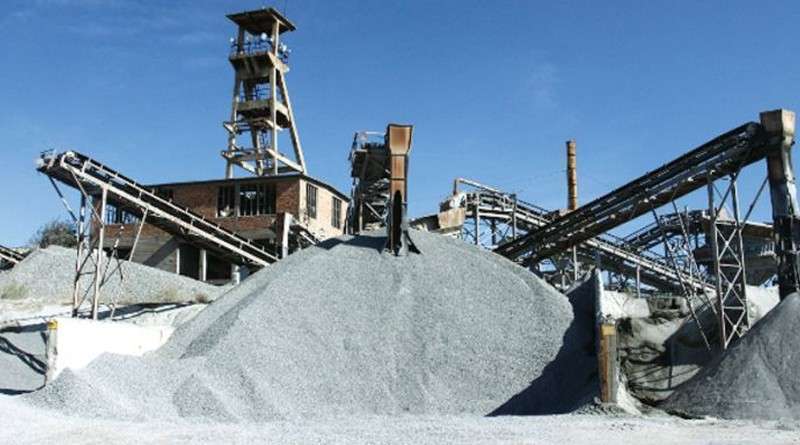August 28: Entrepreneurs and industrialists say that the recent prohibitory order issued on August 19 has affected their businesses much more than the four-month lockdown imposed by the government on March 24.
They claim that 75 percent of their businesses have come to a halt due to lack of consumption and production.
The lockdown imposed by the government on March 24 was lifted almost after four months on July 21. During the lockdown period, the government had decided on May 8 to allow 44 different industries to resume operation. Those industries had slowly started returning back to business. They had increased their production capacity after the government eased the restriction. But now, they are facing the same problem once again.
Senior Vice President of the Federation of Nepalese Chamber of Commerce and Industry (FNCCI) Shekhar Golchha says that the industries that were slowly returning to normalcy have again suffered another setback. He agreed that prohibitory order was necessary due to the high risk of infection but said closing industries is not a solution to the problem.
“Operating businesses and industries has risk of spreading infection while closing them threatens the economy. Therefore, it is essential to reopen businesses and industries by adopting safety measures and high alertness,” says Golchha.
Golchha says although some industries are manufacturing essential goods, they are facing problems in transporting the products to the market. Lack of market means they are forced to stop production. In such a scenario, Golchha fears that many industries will become bankrupt if the current situation persists any longer.
Meanwhile, Senior Vice President of Nepal Chamber of Commerce, Rajendra Malla, says that 40 percent industries were operating in June/July but now almost all of them are closed. He said that economic activities have almost come to a complete halt.
He was of the view that it is essential to stop the spread of coronavirus but at the same time the government must also facilitate in reopening industries and businesses.
Other industrialists say that lack of raw materials due to transportation problem has forced them to downsize their production.
Bishnu Neupane, chairman of Saurav Group, which manufactures cement and iron, says they are operating at 15 percent capacity.
Industrialists complain that although the federal government has pledged not to halt the transportation service for essential goods, including raw materials for industries, the provincial and local governments have been obstructing vehicular movement upon confirmation of coronavirus cases in their respective areas.
Neupane says that the government has not banned production in industries but complained that the authorities do not facilitate them in sales and supply of their products.






















